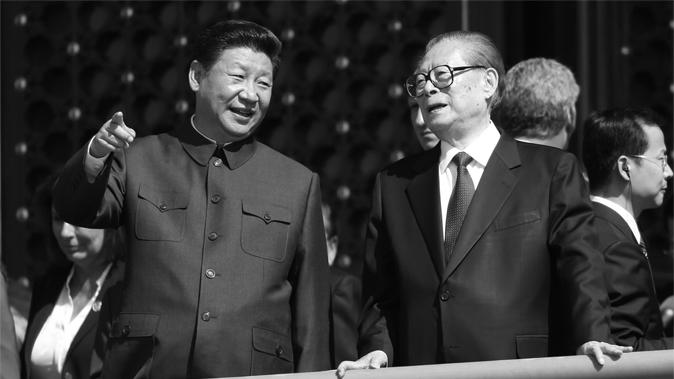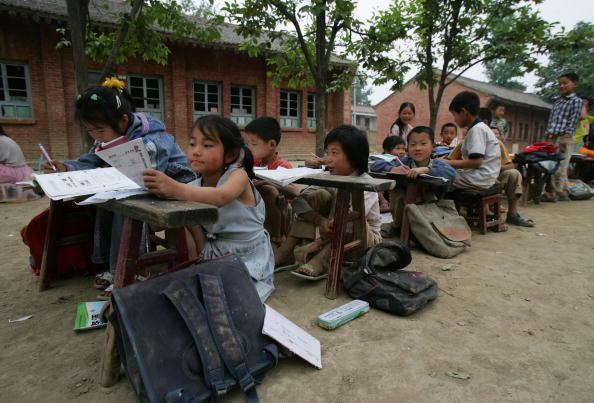News Analysis
China’s former justice minister and deputy police chief, Fu Zhenghua, was placed under investigation two months ago. He was allegedly involved in financial crimes and targeted petitioners, according to one victim who spoke with The Epoch Times. Fu was also allegedly involved in persecuting the Falun Gong spiritual practice.




